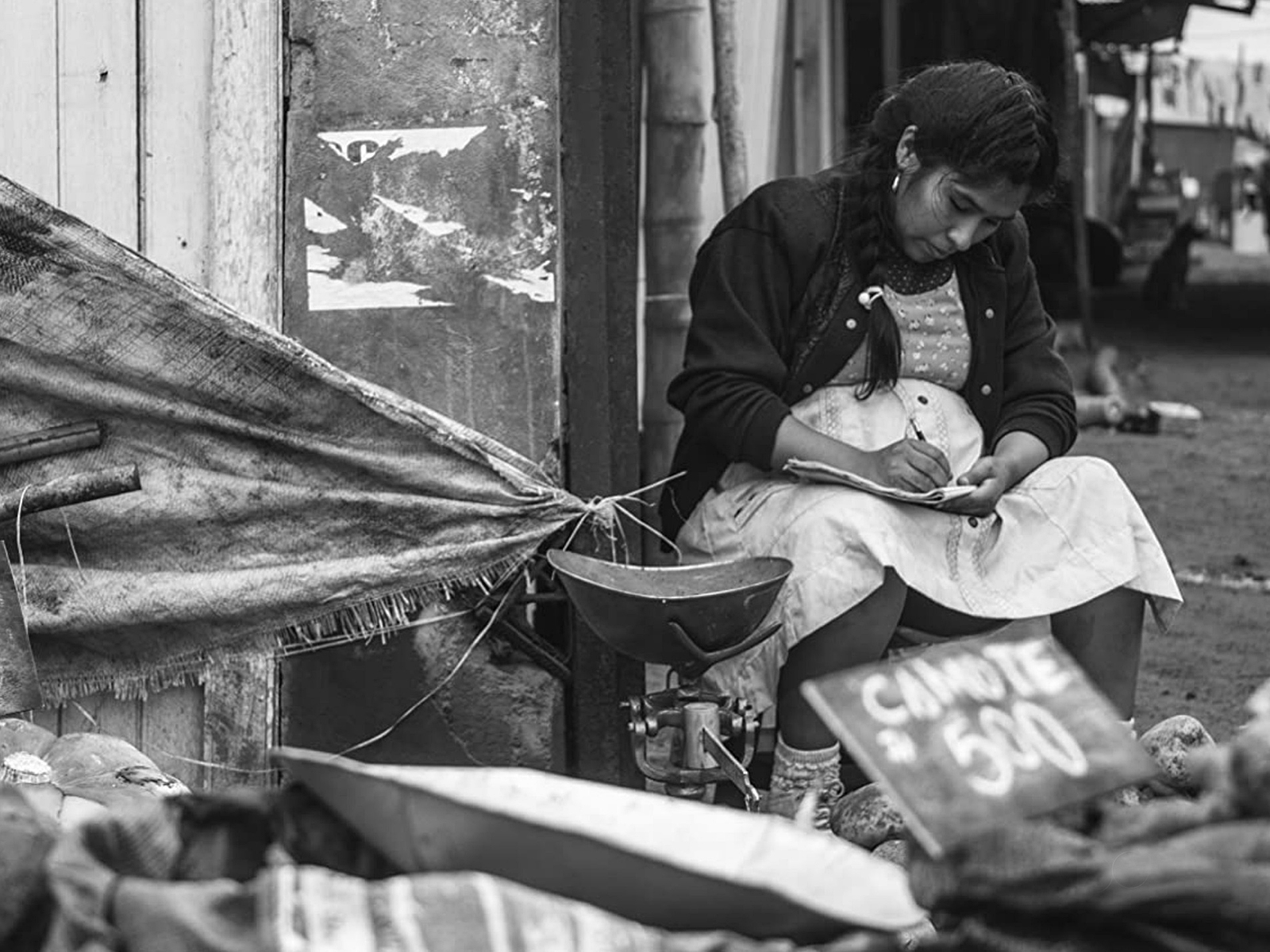
- Golden Globe Awards
Song Without a Name (Peru)
Like so many foreign films this year, Canción Sin Nombre (the original title of this film) is a debut feature by a female director. Peruvian filmmaker Melina León chose a painful subject from her country’s history: in the late 1980s, Peru was a hotbed of politically motivated violence, its society in turmoil, with no oversight of its institutions, a corrupt and outdated legal system, a wealth gap of epic proportions and an outlook stuck in the dark ages when it came to women’s rights – and that’s not even taking into consideration the racist government policies affecting the indigenous part of its population. It was the era overshadowed by Peru’s terrorist insurgency known as the Shining Path.
In this climate, a tribal woman named Georgina from the Andean region of the country hears on the radio of a maternity clinic that supposedly offers services free of charge. Georgina is almost at the end of her pregnancy, and when her labor starts, she goes to the clinic to deliver the child. Everything seems perfectly normal, and she does not question the doctors and nurses when they tell her that the baby needs to go to another ward to get a check-up. They send her home. When she returns the next day to pick up her child, there is no more clinic. It has been cleaned out, the baby sold into adoption with fake papers. Devastated, Georgina seeks the help of Pedro, a shy journalist who gets the assignment for this “human interest” story, because his editor wants him off an investigation of political corruption. Little does Pedro realize that he is about to stumble upon an even hotter scandal than the one he was researching before. He decides to help the woman whom authorities openly deem less than human: one officer even tells her that her baby is better off with white parents.
The film is shot in dream-like black and white visuals that contrast starkly with its subject matter. In a Hollywood world, the story would be neatly wrapped up in the end, but in this style of realism, director León chose to show the full extent of a real-life tragedy.

